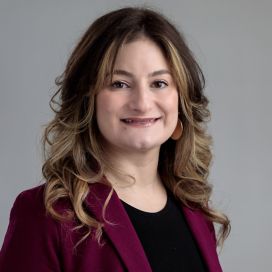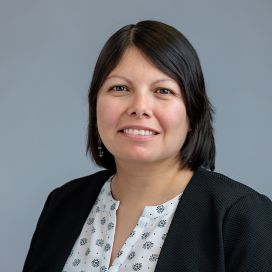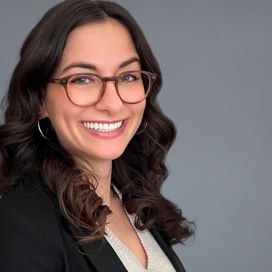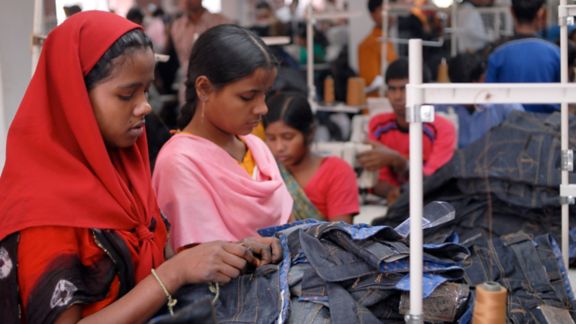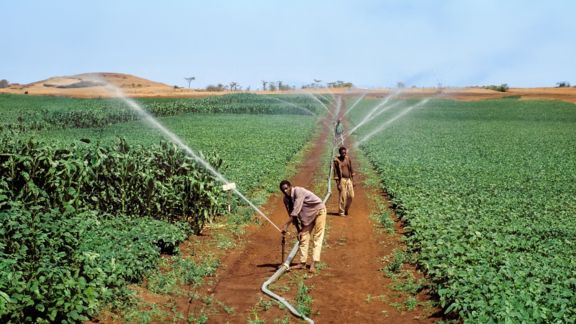Women’s Political Participation and Leadership
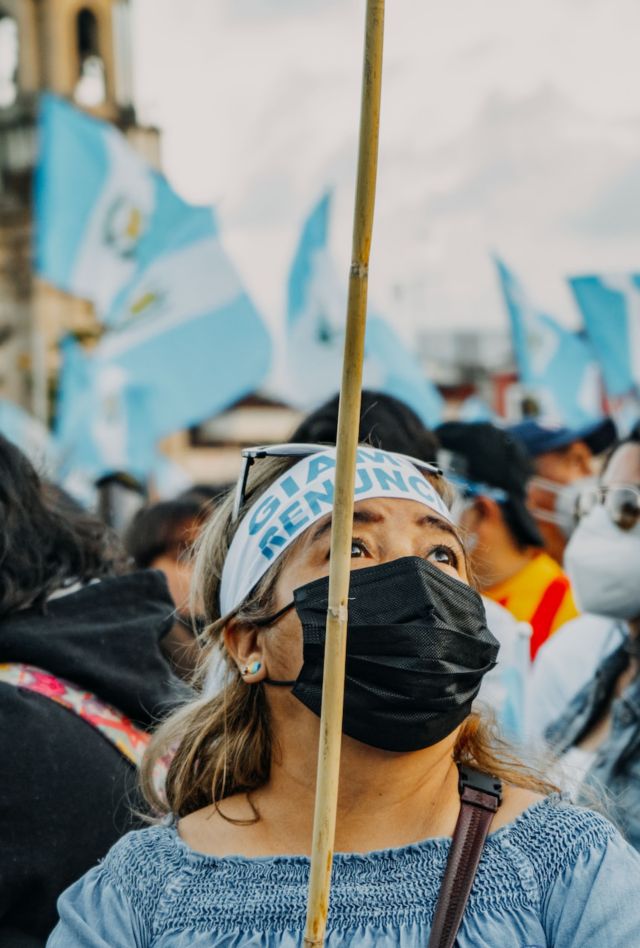
Problem
USAID needed a framework to systematically assess women’s political participation and leadership (WPPL) as part of their efforts to encourage gender-inclusive programming in the Democracy, Human Rights, and Governance (DRG) sector.
Enhancing gender equality and women’s empowerment is a core pillar of USAID’s approach to advancing democracy around the globe. Countries where women have a safe and enabling environment to participate equitably in politics and public life are more peaceful, have higher economic growth, and are more stable as societies. Despite the intrinsic importance and benefits of WPPL, women do not enjoy full and equal access to political life around the world, nor does their mere entry into this sphere guarantee their ability to exercise political agency and influence.
Solution
NORC and USAID collaboratively developed a WPPL assessment framework along with tools and guidelines for collecting assessment data.
As part of the USAID Democracy, Human Rights, and Governance – Learning, Evaluation, and Research (DRG-LER) Activity, NORC and USAID’s Center for Democracy, Human Rights, and Governance (DRG Center) developed a WPPL Assessment Framework with an accompanied set of assessment tools. Using a desk review, politician surveys, key informant interviews, and focus group discussions, the framework guided research teams in:
- Mapping the current state of WPPL
- Identifying barriers and opportunities to WPPL
- Formulating country-specific recommendations to advance WPPL
Following pilots in Guatemala, Guinea, Liberia, and Nepal, NORC and the DRG Center further refined and finalized the framework in January 2023.
Result
NORC supports more effective gender-inclusive programming in the DRG sector.
The WPPL assessment framework and tools are available to USAID Missions across the globe. NORC used the assessment framework to conduct WPPL assessments in five USAID priority countries: Colombia, Côte d’Ivoire, Honduras, Kyrgyzstan, and Tanzania. USAID intended to use the results from the WPPL assessments to prioritize programming in areas that will have the greatest impact on women's leadership and empowerment, thereby addressing the most salient and pervasive barriers to WPPL.
Related Tags
Project Leads
-
Protik Ali
Principal Research ScientistProject Lead -
Sarah Chamness Long
Senior Research DirectorDeputy Project Director -
Alexandre Monnard
Senior Research ScientistTeam Lead -
Ingrid Rojas
Research ScientistTeam Lead -
Hannah LaPalombara
Research ScientistTeam Lead




